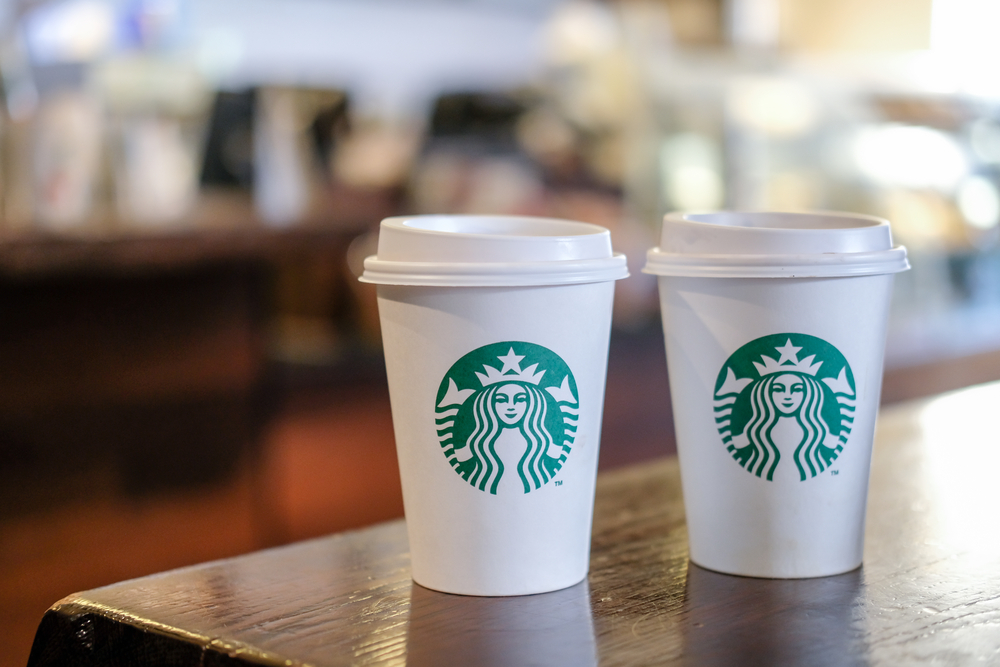I’m a cheapskate and hate food waste, so whenever I can’t finish my food at a restaurant — no matter how little is left — I ask to get it boxed up to take home. The next day I usually end up eating the rest of it for lunch and throwing away the container it came in.
I’m not the only one. Forty percent of trashed plastic is single-use packaging like baggies, straws, and, of course, takeaway food boxes. The vast majority of it ends up in landfills or clogging up the oceans.
ARK Reusables’ founding team saw our rampant use of single-use takeout and delivery containers and decided to try and make a better alternative. The startup, which is part of Dutch company Ozarka but operates out of Seattle, makes reusable silicone containers in a variety of sizes designed specifically to be used by consumers to hold their restaurant takeaway meals. The company launched a Kickstarter campaign yesterday with a $40,000 goal.

ARK has a few value adds that distinguish it from regular tupperware: the containers squish to pack flat, so they can easily fit in consumers’ bags, and also have spill-proof lids. Unlike more flimsy containers, they can go in the microwave, dishwasher, and even the oven. The company is working to develop a way to fully recycle the silicone containers.
The company plans to initially sell directly to consumers, who can use their ARK containers to take away food from salad bars, fast-casual restaurants and more. Down the road, ARK wants to branch into the B2B realm and sell directly to restaurants, replacing their current to-go containers.
For now, Early Bird Kickstarter prices begin at $22 for a single 750-ml reusable container with an option to add on a container carrying case and set of stainless steel cutlery for an additional fee. That’s not cheap, especially if you’re prone to losing your reusable containers (guilty). Which means that, at least initially, ARK will have to rely on more eco-conscious consumers willing pay more for the environmentally friendly option.
ARK Reusable containers also have a few touches that make them specifically geared towards takeaway restaurant food. Their sizes match the standard serving sizes at most restaurants, and they even come marked with fill volumes so servers at places like Chipotle or Sweetgreen can know exactly how much food they’re dishing out when consumers bring in their ARK container.

ARK isn’t the only one trying to cut down on our rampant use of single-use plastic food containers. Zume Inc. recently acquired an eco-friendly packaging system that will be used by Zume Pizza and other restaurants the company works with. Other retailers and food companies are also targeting the consumer, exploring reusable aluminum and glass containers to hold their food products. However, ARK’s products are more versatile, designed to be used for on-the-go meals at salad bars and fancy restaurants alike.
ARK’S containers are set to ship in May of 2020. As with any Kickstarter venture, it’s good to approach it with a healthy amount of skepticism about whether you’ll see the product in the time promised — if at all. However, ARK Reusables’ parent company, Ozarka, already successfully manufactures food-safe reusable containers, so it seems likely ARK will follow through on its production plans.
A bigger issue could be getting restaurants to accept the containers themselves. California recently passed legislation that lets restaurants more easily accept consumers’ reusable containers. However, the law hasn’t spread to other states yet, so ARK’s customers could potentially run into issues if restaurants refuse to accept the silicone containers for health code reasons, or just because they’re not sure how to use them.
If the California law spreads, however, or if people just get more accustomed to the idea of diners bringing in their own containers to take home food, ARK Reusables could be a slam-drunk way to keep more plastic out of the oceans. And more food in your belly.






